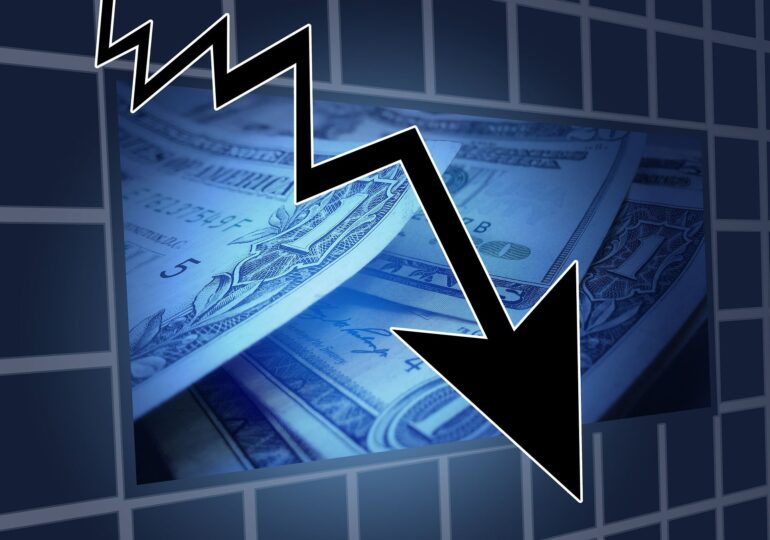The financial rating agency Standard & Poor’s (S&P) has confirmed Romania’s sovereign rating at „BBB-/A-3” for both long-term and short-term debt, in both local and foreign currency.
The maintained rating represents the last step of the category recommended to investors, thus avoiding, at least temporarily, a downgrade to the speculative category (junk).
Despite the fiscal consolidation measures assumed by the Bolojan Government, the agency has kept a negative outlook, "especially because Prime Minister Bolojan will step down at the end of 2026, as part of the agreement with PSD."
"The negative outlook reflects our opinion that the risks related to Romania's public finances will remain high in the coming years, despite the announced consolidation measures," stated S&P, as cited by Profit.
What S&P reproaches Romania in brief:
- Persistent risks for public finances, despite fiscal consolidation measures.
- Uncertain fiscal strategy after 2026, in the context of governmental rotation.
- Weak economic growth in the coming years, estimated at just 0.3% in 2025.
- High inflation, forecasted to reach 9%, fueled by price increases and VAT hikes.
- Large external deficits, around 7.5% of GDP by 2028.
- Rising public debt, estimated to exceed 60% of GDP in 2027.
- High interest expenses, consuming almost 9% of government revenues.
- Vulnerability to delayed EU funds, impacting external deficit financing.
The most ambitious fiscal correction since 2008
S&P highlights that the fiscal measures adopted by the new government represent "Romania's most substantial attempt at fiscal correction since the global financial crisis of 2008."
The current fiscal package is estimated to have an impact of 1.1% of GDP in 2025 and 3.5% in 2026.
According to the agency, these measures should reduce the budget deficit from 9.3% in 2024 to 7.7% in 2025 and 6.4% in 2026.
However, S&P warns that "economic and political challenges can undermine the government's ambitious agenda," and the medium-term fiscal strategy after 2026 is "uncertain," given that Prime Minister Ilie Bolojan's mandate will end in accordance with political rotation.
Economic slowdown, high inflation persists
Amid fiscal consolidation, the agency has significantly lowered its estimates for Romania's economic growth: only 0.3% in 2025 and 1.3% in 2026.
At the same time, inflation is expected to rise to around 9%, driven by "energy price increases, VAT hikes, and other factors."
These inflationary pressures complicate the mission of the National Bank of Romania, which is unlikely to ease monetary policy in the coming months.

